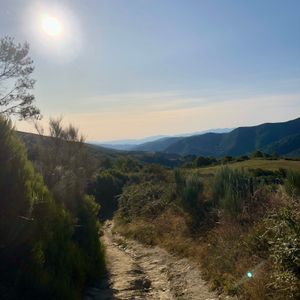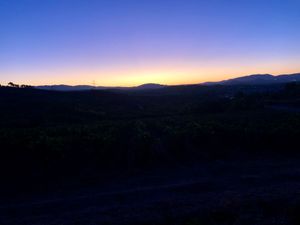Notes. I'm all about Notes. I own a notebook retailer for a start. Right now, there are 14 notebooks on my desk, in use.
Apple notes? 400+. Plain text files? Over 1,000. I know notes.
Except I don't.
My interest has been piqued by PKM. That's Personal Knowledge Management, in case you didn't know. (I didn't.) I won't attempt an overview - as there is an excellent one here, by Mike Schmitz.
I have notebooks, pocket ones, and desk-sized ones, rammed full of notes. These are my everyday books. They contain everything from a shopping list, to an observation, to a random idea for a story. I number them, and write on the start date and the end date.
There are LOTS of them.
If I wanted to pull together my thoughts on, say, productivity, then I have no reference or index system. I would have to leaf through each book from start to finish, page by page. I believe that the act of writing notes helps me process and remember things, and I instinctively keep all my notes - but once I have written one, I may never consciously refer to it again. That's not ideal for referencing.
Things are not all bad though. I also have specific project notebooks. So, for each camino trip, I take one or two (even 3) pocket notebooks, which taken together, represent a record of the entire walk. Purely by dint of the smaller volume, these are easier to revisit, and I have been using them to write my account of the camino - published on this site for members.
Now - I had heard lots of smart people talking about an app called Obsidian, particularly David Sparks (MacSparky), a voice that I greatly respect, on his podcasts, "Mac Power Users", and "Focused" (co-hosted with Mike Schmitz.) In keeping with my chronic case of Shiny New Thing Syndrome, I went to download it, and gave it a few exploratory pokes. Quietly, I backed away, throughly mystified as to what it did and how it worked.
An e-mail from The SweetSetup arrived. "Zero to Obsidian Workshop". Perfect! And it's that Mike Schmitz fellow too.
The workshop was excellent, and if this is an area that interests you, I heartily endorse it. (I am not involved in any affiliate scheme, I'm recommending it because it was very good.)
As well as a great primer in the use of Obsidian, Mike introduced "Note-Making" to me. He wrote a superb post on it here, from which I have taken the below.
"The basic idea of note-making is that you don’t simply capture your notes and dump them in a library somewhere. Instead, you work on your notes and update them over time. Instead of simply taking notes, you are crafting them. Your approach is like that of a skilled craftsman, who knows that within the chunk of wood or stone lies a beautiful carving. You can’t see it at the beginning, but as you continue to refine the material you’re working with, you start to see it come through."
Mind blown.
Initially, I was suspicious. That's not how notes work. However, the more I listened, the more I understood. Mike wasn't suggesting that every jot was the beginning of War and Peace. He was suggesting that not all notes are made equal. Still, I can't give up my notebooks. Regardless of how good Obsidian might be.
Mike moved on to explain how he uses a combination of a notebook and sometimes the iOS app Drafts, to capture notes.
That's what I do!
The extra step, is that as part of closing down a day, Mike reviews all the notes he has captured, and assesses whether any are candidates for Note Making, and need to be transferred into Obsidian.
I'll write more about Obsidian, but right now, I'm still getting my head around the concept of Note Making versus Note Taking. I think adopting that process may be the beginning of something important.

